
Amazon FBA is still profitable in 2024 for many sellers. In fact, the majority 87% of Amazon sellers are supposedly profitable, according to Amazon seller data from the latest 2024 State of the Amazon Seller report by Jungle Scout. However, factors like rising Amazon FBA fees and Amazon PPC advertising fees are pushing profit margins lower than ever before.

Amazon is changing a range of FBA fees in 2024, with Amazon estimating an average increase of $0.15 per unit sold. Although this amount appears relatively minimal, it can considerably decrease Amazon FBA seller profits. For example, assuming you are an Amazon seller that sells a $20 product with a 20% profit margin, this $0.15 in additional fees will decrease your profit margins by 3.75%.
As Amazon FBA grows more competitive, increasing Amazon PPC advertising costs are also cutting into FBA seller profits at a higher rate. Between 2020 and 2023, the average cost-per-click of an Amazon PPC advertising campaign rose 51.69% from $0.89 to $1.35, according to UK-based digital marketing agency Add People.

It’s not just Amazon fees that are negatively affecting Amazon FBA profitability, increasing international shipping rates are also pushing down profits for Amazon FBA sellers that source products from abroad. In February 2024, sea container shipping rates reached their highest level on record, surpassing $3,900, according to data from Statista.

Despite the challenges of selling through Amazon FBA, many Amazon FBA sellers report solid profit margins. Keep in mind, a healthy profit margin for a small business typically ranges between 7% to 10%, according to Investopedia.
One Amazon FBA seller claims to be selling over $1M/year within just one year of starting to sell on Amazon, boasting profit margins between 10% to 20% for their wholesale products and around 30% for their private label products. Another first year Amazon FBA seller claims to have reached $350K in sales in just under a year of selling on Amazon, with wholesale profit margins around 15%.


Amazon FBA isn’t always profitable, especially in the beginning. One Amazon FBA seller on Reddit notes they are not profitable after 20 days because they are collecting reviews and trying to get their sales velocity up to improve their organic ranking by leaning heavily into Amazon PPC advertising. Another Amazon seller with over $1M/year in sales and a modest net profit margin of 5% to 10% mentions they are considering quitting Amazon because their profits are shrinking each year on the platform.


Local lead generation is an alternative online business model that many people find more profitable than Amazon FBA. Local lead generation entails setting up websites that attract customers for local service businesses. These websites typically cost a few hundred dollars to set up and can generate between $500 to $3,000/month by selling the leads to real local service businesses that want more revenue. As such, local lead generation agencies can command upwards of 90% profit margins.
In the following article, we discuss Amazon FBA profitability by looking at the top reasons Amazon FBA has become unprofitable for some sellers and how you can still be profitable on the platform in 2024.
Top 6 Reasons FBA Became Unprofitable for Some Sellers
Before we look into strategies, it's important to see all the factors that's causing this business to be more challenging in recent years.
1. Amazon Increasing Seller Fees
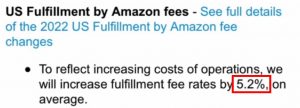
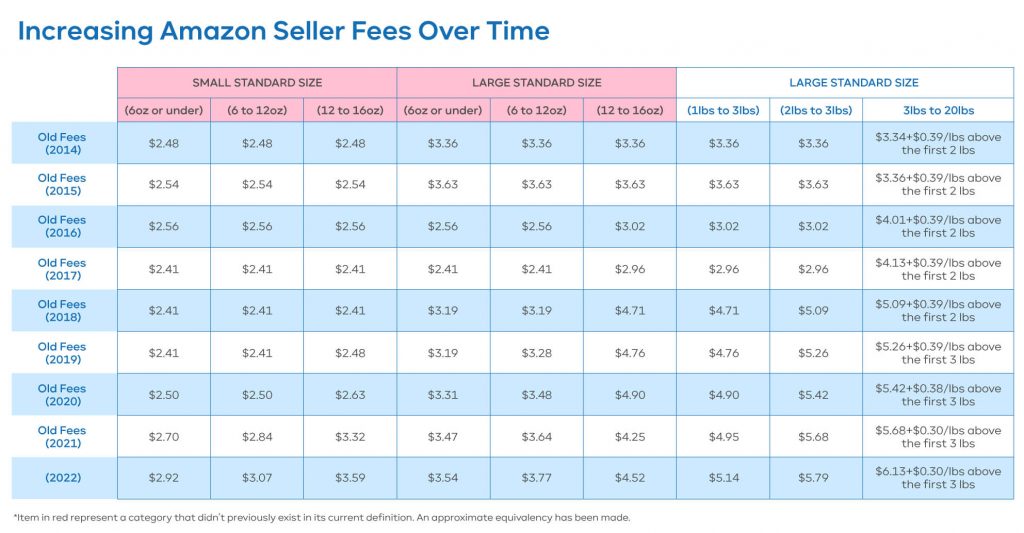
Amazon has been increasing their fees each year, and they justify it by saying that their operations cost is going up as they scale their business.
3rd party sellers are already on slim margins, any percentage increase in fees can be a big deal.
2. More Sellers
4000 new sellers joining everyday means if you don't have a competitive advantage, someone can source the same product as you, and undercut your prices.
3. Suppliers & Brands Joining the Game

In the last few years, we're seeing huge uptick of Chinese suppliers doing FBA themselves and cutting out the middleman. They've killed many niches because they can operate on the slimmest margins.
Even big brands are getting on Amazon, which is cutting out the wholesalers.
4. Amazon Has Started Their Private Label
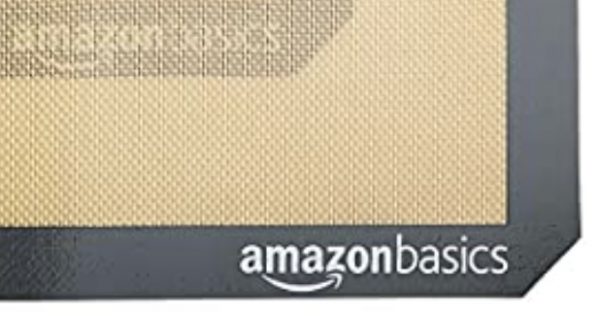
In the last few years, Amazon has increased their focus on their private label brand: Amazon Basics. It's becoming a big issue for many FBA sellers, as they claim Amazon is not playing fair.
Look at this Quora post:
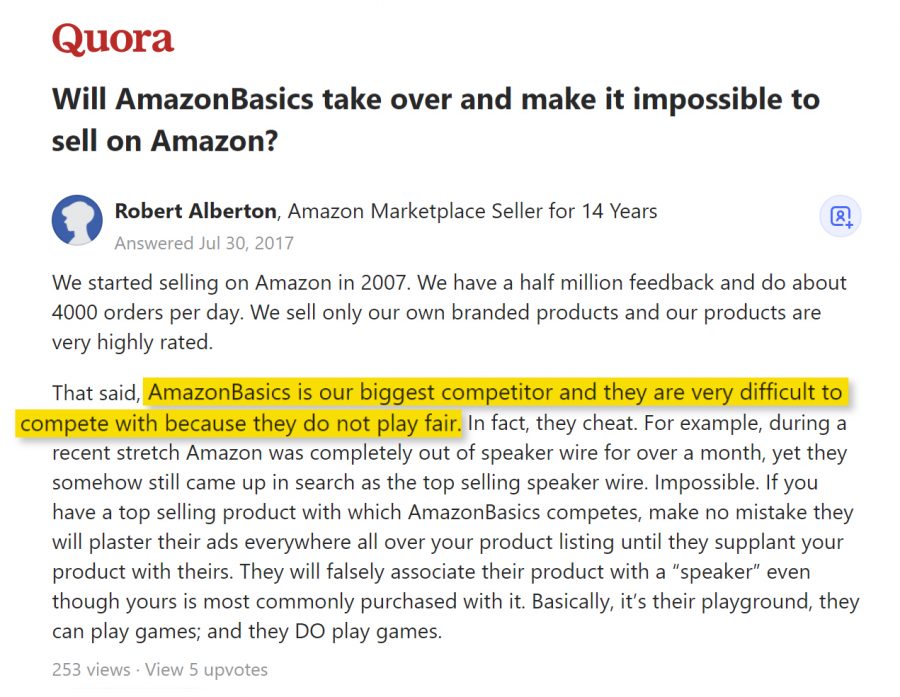
5. Expensive Shipping Costs because of the Pandemic
Many sellers have halted their operations as they're seeing 3-4x increase in freight costs, largely caused by the pandemic.
6. Account Suspension is Happening More Frequently, Especially for Dropshippers & "Amazon Automation"

As the number of sellers increase, Amazon is handing out Account Suspension much more frequently, & why should they be lenient? They have more than enough sellers.
For starters, Amazon does not like drop shippers. Basically selling products on Amazon without ever buying inventory. Only after you get a sale, you put in the order to a supplier that's got cheaper prices and have them ship directly to the customer.
According to Amazon's dropshipping TOS, they don't like any products that show another company has shipped it, and not from you, because this causes confusion to the customer. This, along with few other reasons, causes a lot of suspensions for drop shippers.
There are still some loopholes, but Amazon is really cracking down
Beware of Amazon Automation
Beware of these "Amazon Automation" companies that charge hefty $30K upfront "set-up" fees because they're running this dropshipping model and many people are losing money on their investment because of suspensions.
Words like "automation" or "done-for-you" should raise red flags. There's usually a Catch 22, anytime a company tries to sell you a dream that you can own a business without putting in the work.
3 Reasons You Can Still Be Profitable
Despite the rise in competition, this biz model is not dead yet. Here are some facts & stats to show that.
1. Amazon Doubled It's Subscriber Base in 3 Years
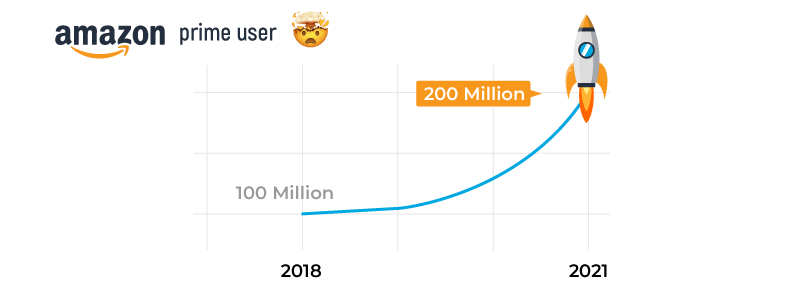
50% of all online e-commerce sales happen on Amazon.
Every $1 spent online, $0.45 is going to Amazon.
So despite increasing sellers, there is also a huge increase in demand.
2. Ingenuity Will Always Have Competitive Advantage
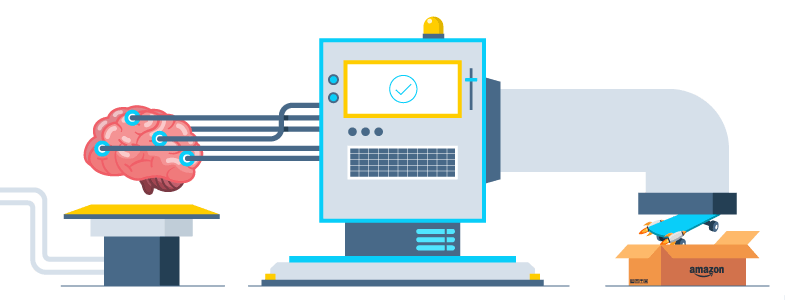
Yes, if all you do is sell products you found on Alibaba then its only a matter of time before another seller or a supplier sells the same product and undercut you.
However, if you're creative enough to create an attractive brand, bundle different products together, or innovate on a product. It gives you competitive advantage to remain profitable longer.
Another key is to study the marketplace and really understand what the customer wants. Study the negative reviews and think about how you can solve that problem.
3. Ability to Build Connections will also give you an advantage
This is true especially in the wholesale model. If you're not scared of calling up suppliers. If you're an excellent communicator and you know how to negotiate. You will get deals that most people can't. That extra 5-10% margin could be make or break. The very reason you're able to get the buy box and kill it.
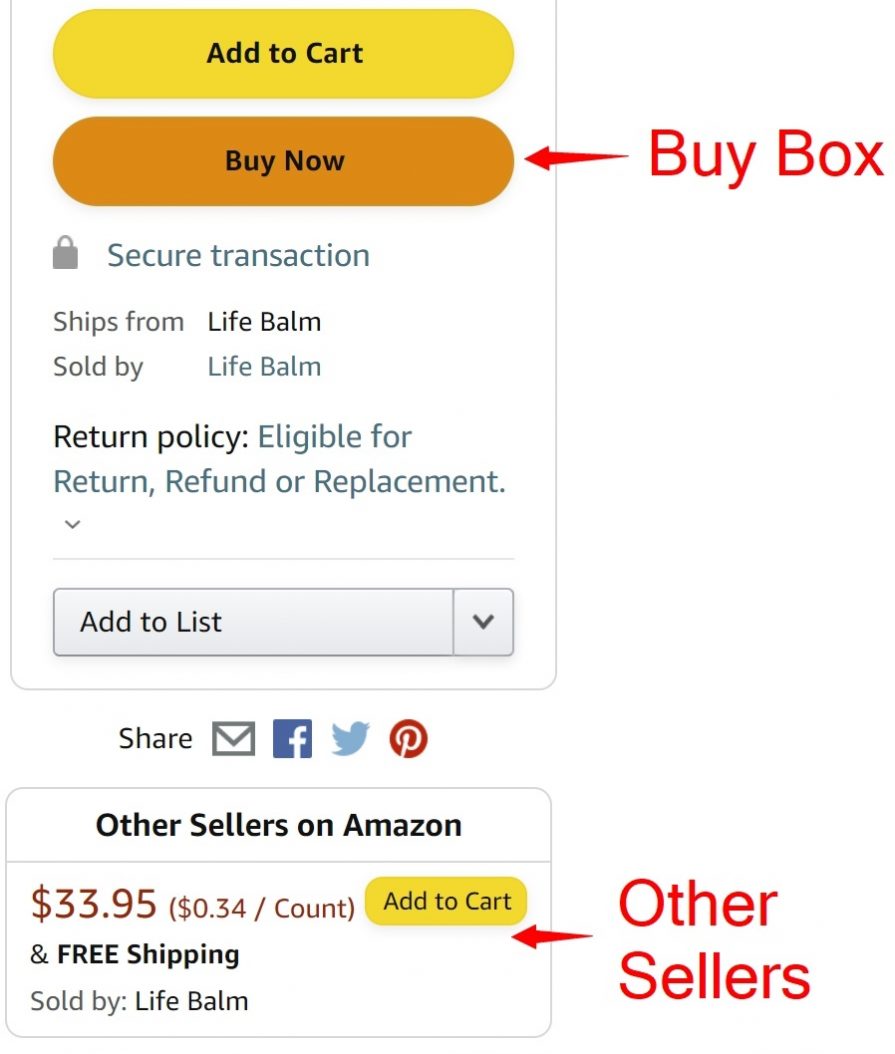
Buy Box
if you're not selling your own brand then you will have to compete for the "Buy Now" button or the buy box with other sellers selling the same product.
So in Wholesale, your ability to find great suppliers and being able to negotiate the best possible deal is crucial because its whoever can offer the cheapest price will win the buy box.
SUMMARY
The trend will continue in this direction. Each year, FBA gets more difficult for new sellers trying to sell generic products. More time & resources will be required for the innovation of the product itself. Basically, you need ways to differentiate yourself from other suppliers or sellers that are more established than you (reviews, branding), and with better connections (able to source products cheaper).
What percentage of sellers are profitable?
25% of Amazon sellers produce $25,000 per month or more, which means at 25% profit margin, that's $6250 per month take-home income.
Here's the breakdown of Amazon seller's monthly sales according to Jungle Scout.
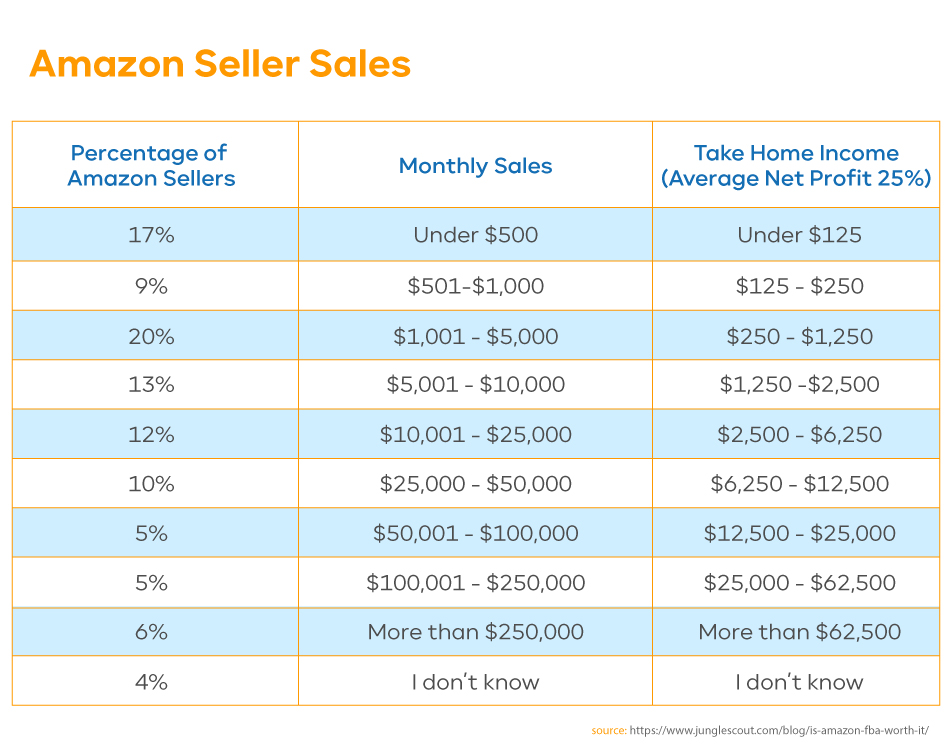
In the third column, we calculated the actual net profit by 25% which is just an average % for your typical seller, however it's known that top FBA sellers are at around 10% margins so the take-home income might be bit lower at the higher tiers.
Still 25% able to hit $6250 per month or more in net is not bad.
To be fair, some of those FBA sellers are suppliers & companies that you can't compete with, but a good 15% are at $6250 per month to $25,000 per month in net.
Common Reason for Failure
So how do you ensure you're in the 25% that succeed with FBA & make it profitable?
Understand the main reasons people fail Amazon FBA, because sometimes the best way to learn is to learn what not to do.
There's a common theme to all the failure stories I've heard and with my own experience with FBA I can see why this can be so challenging for many people.
Most people severely underestimate just how much it will cost & how long it may take to succeed with FBA. The problem is most gurus tell people you only need $5K to get started with FBA. This is true only if you never make a single mistake and you luckily select a winning product for your first pick.
However, most people fail 2-3 product launches before finding success.
So the more realistic number is you need $15K ready to invest if you want the best shot in succeeding.
The mindset to have is to know that Amazon FBA will eventually become profitable as long as you don't quit. Treat it like an actual business, start-up cost of $15K is still cheap, relatively speaking.
I wrote more details here: 3 Main Reasons People Fail at Amazon FBA
How to start Amazon FBA?
In my experience, the best way to get started with Amazon FBA is to have a good course to follow.
The free resources of Amazon FBA training you find on YouTube, I always felt, were never thorough enough.
You can check out our list of best Amazon FBA courses
Conclusion
25% of Amazon sellers can net $6250 per month and up.
As time goes on, more companies & suppliers are becoming those sellers, still 54% are still third party sellers, just like me and you.
Not that you can't still be profitable with Amazon FBA in 2024, it's just that finding a winning product is becoming more difficult plus even when a product succeeds for a while, just how long it stays profitable is getting shorter with more competition.
This means that in order to succeed with Amazon FBA long-term, treat it like a proper business (not a hobby). Constantly launch new products knowing that a lot of your products will get phased out by the competition sooner rather than later.
Don't expect to find 1 winning product and make a profit from that 1 success for the rest of your life.
My Online Business Portfolio in 2024
Amazon FBA: $15K NET per month (After 50% split with a partner)
Local Lead Generation: $52K NET per month
Amazon FBA is a great business model but like all businesses it has its challenges, particularly how competitive it's becoming as more big brands & suppliers began selling on FBA themselves 2-3 years ago.
Another business model I've had a lot of success with is local lead generation. It's simple and less competitive. It might be a better fit for some people.
Click here to learn all about it: Local Lead Generation vs. Amazon FBA

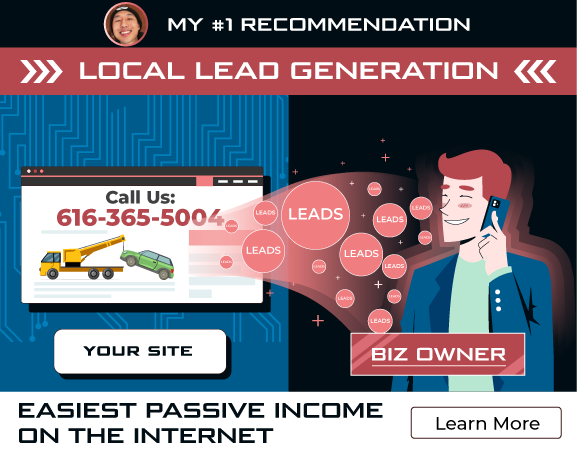

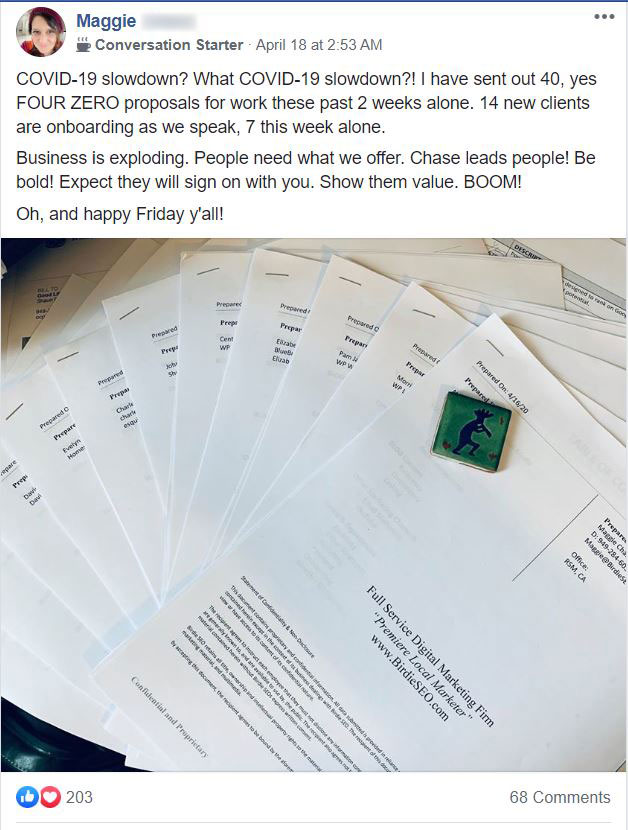
Amazon FBA is still profitable but the competition is hard. What I would say that if you're gonna start an online business, local lead gen would be a great type of business.
100% agree
Patience is a virtue indeed! We all need that in all aspects of our lives. Kudos to everyone who's reading this blog! It's worth our time.
Thanks for the encouragement. Yes, patience is a big part of business success and so is consistency in taking necessary action.
Thanks for the great blog about amazon FBA. Checking your business is really amazing and there is a lot of opportunity to have with this type of business.
Alicia, lots of opportunity here with local lead generation. Much easier than Amazon FBA these days.
Great review. Waiting for more of your review. Your Lead Gen business is really amazing.
Thanks Lara. Yes, keep checking back as we add more great reviews and posts.
Thank you for being so kind to sharing your knowledge with us for free. Someday I will earn 5 figures like you.
You can definitely do the same. It all comes down to how much work you’re willing to put in. Life is short, don’t wait too long.
Very true. The longer put something off, the harder it gets to take action. Plus, money loves speed!
I love reading your articles, I learned a lot from them. Thanks for your amazing ideas, they are all great and helpful.
Thanks Lucas. I’m glad you’re finding them helpful. Keep checking back because we have some great ones in the pipeline too.